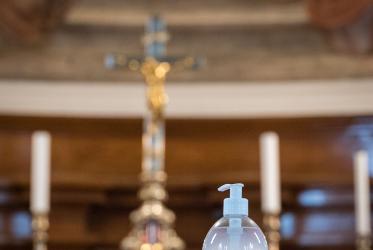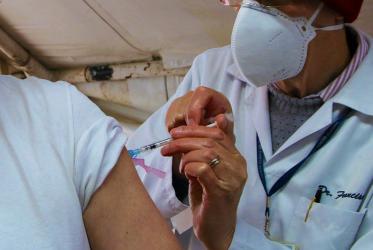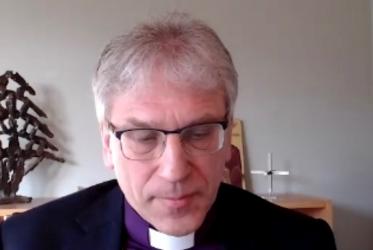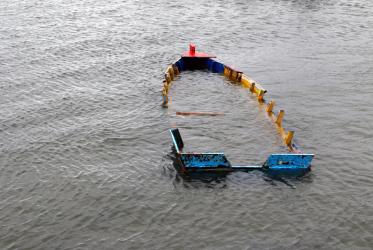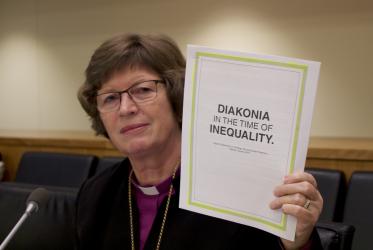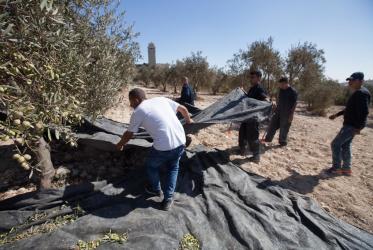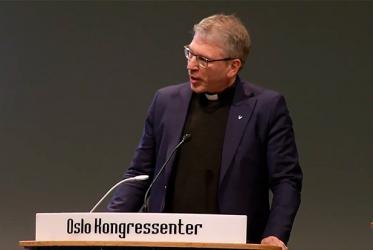Displaying 1 - 20 of 36
A visionary missionary heads home
25 March 2020
WCC general secretary: “Love opens the way to change”
13 February 2020
Sustainable resourcing for sustainable development
05 February 2019
All pilgrim routes lead to COP24
11 December 2018
WCC moderator speaks at Justice Conference in Norway
09 November 2018
Peacemaking “a great and compelling life task”
09 December 2017
Holy Land tourism goes beyond traditional paths
05 October 2017
‘Love is stronger than hate’
02 May 2017
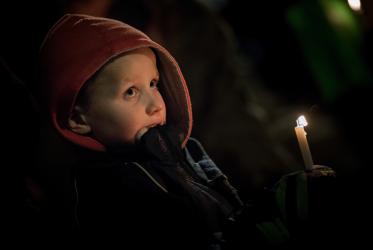
![Image[1].jpeg](/sites/default/files/styles/teaser/public/photoshelterCopy/Image%5B1%5D.jpeg?h=44590859&itok=LMAXVRC6)

